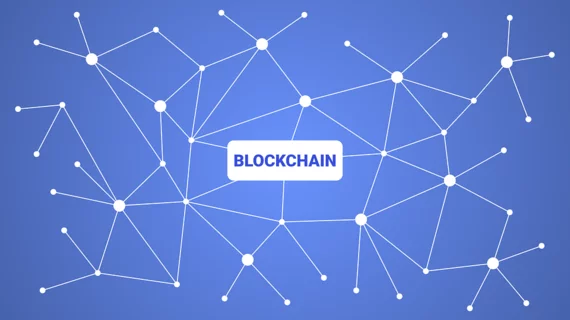Aetna, Ascension join blockchain project
Two more healthcare companies have joined a blockchain alliance project that aims to use the technology to improve data quality and reduce administrative costs associated with healthcare provider demographic data changes.
Aetna, which was recently acquired by CVS Health, and Ascension have joined the Synaptic Health Alliance pilot project, which was announced in April. Humana, MultiPlan, Quest Diagnostics and UnitedHealth Group’s Optum and UnitedHealthcare have already joined the alliance.
The pilot project explores how blockchain technology, which relies on a digitized ledger, could help provide the most current healthcare provider information
Aetna boasts 22 million medical benefits members. Ascension is the largest nonprofit health system in the United States as well as the largest Catholic health system.
Having up-to-date healthcare provider directories is a critical issue healthcare organizations face. They are also required to be maintained with basic information about physicians and other healthcare providers under federal and state laws. Approximately $2.1 billion is spent annually acquiring and maintaining provider data across the healthcare system, according to the press release.
The project will actively share data to potentially lower administrative cost savings for health plans and care providers and improve care.
The news comes on the heels of another major blockchain effort that aims to address issues with the credentialing process for healthcare providers.

